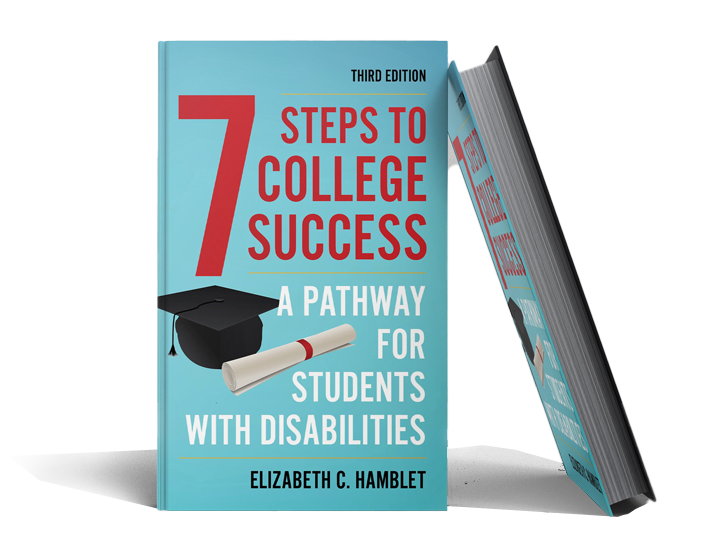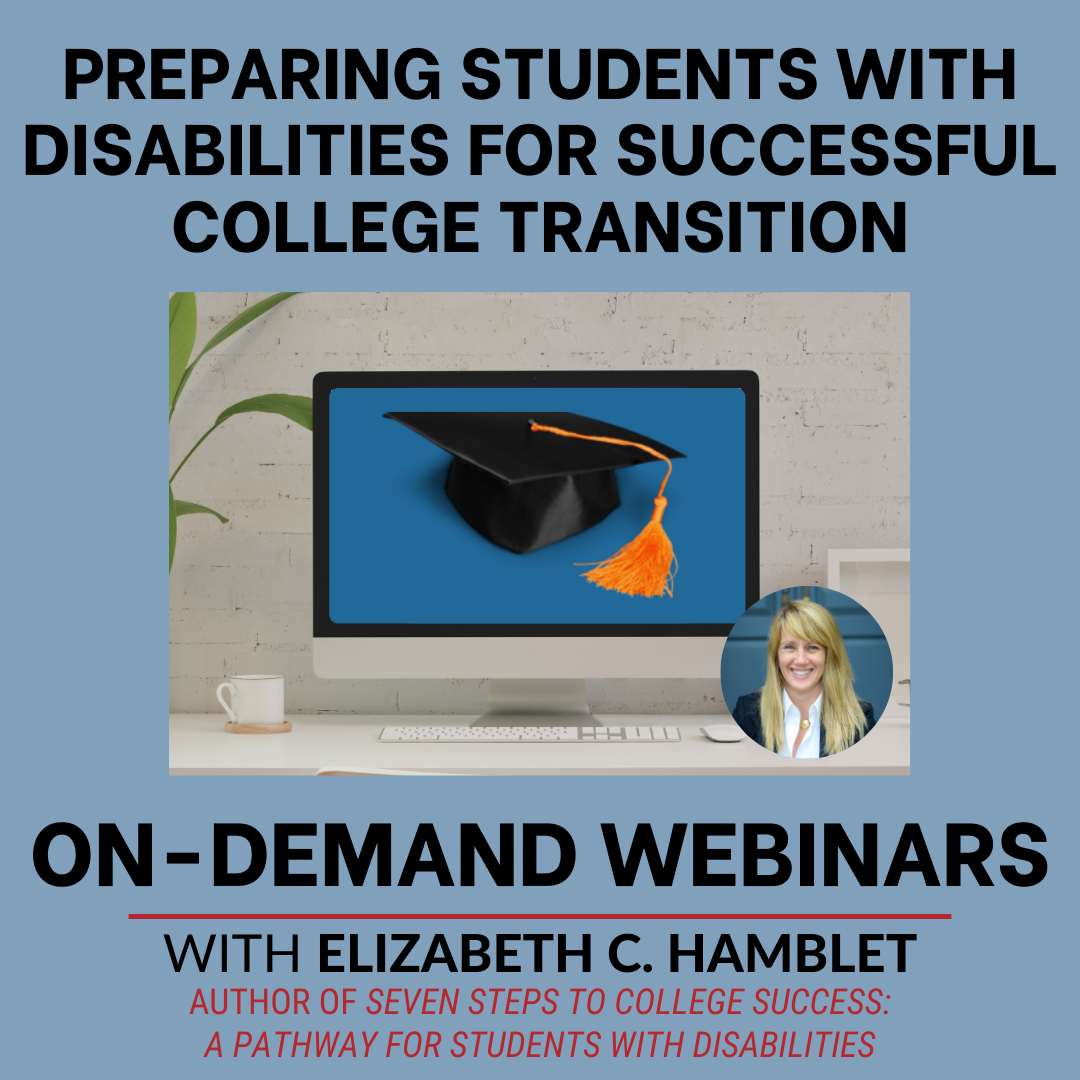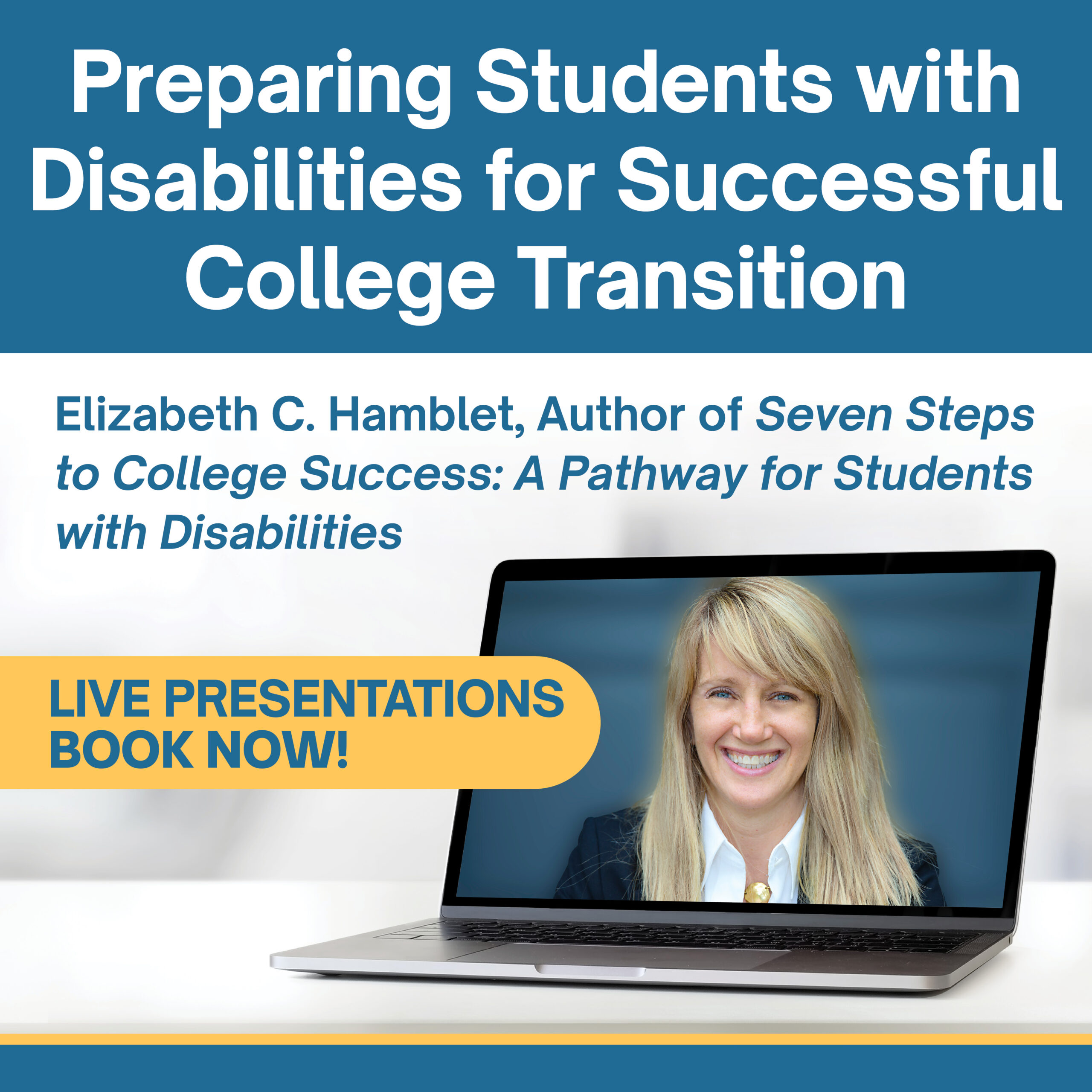Introduction
When students transition to college, their parents don’t have the right to access any information about them unless students allow this by signing a FERPA (Family Educational Rights Privacy Act) release. What parents need to know is that the waiver only gives college staff and faculty members permission to speak to parents, but it doesn’t obligate them to do certain things, such as report on students’ programs or respond to inquiries about grades.
Having had a different experience in the K-12 system, some parents might be surprised to see what some college disability services (DS) directors said about communication when I interviewed them for my book.
Q. If students have signed a FERPA release, do you communicate with their parents? Do you know if professors will?
Spencer Scruggs is Director of the Center for Accessible Education at UCLA
FERPA doesn’t guarantee access to parents/guardians and family members. I will share information about specific accommodations or students’ registration status with us (ex. are they registered?).
But I wouldn’t consider that to be the case for our specific notes or students’ documentation
For those and other questions, I’m happy to talk to the parents/guardians, but I also need to talk to the student first or have the student present because I don’t know what the student does or doesn’t want me to share.
We have a separate release form where students tell us what they’re comfortable with us sharing. We believe this allows for autonomy on behalf of the student to share what they would like to share.
I think it’s important to give students that autonomy. I know that some families make decisions as a unit. I want to partner with families to help students make good decisions for themselves. That’s why I want to include students in these discussions rather than talk directly with family members without students present.
Stacey Reycraft is Director of Student Disability Services at the University of Mississippi
Even if students have signed the university’s release, we have our own release they fill out for us. Students specify the specific people with whom they give us permission to communicate.
I find some parents misunderstand what the release means, though. FERPA doesn’t require us to talk to parents – it only says we can.
The same goes with faculty. In my experience, faculty members won’t talk to parents. They want to talk with the student.
I know it’s hard for parents – everything is different. I try to keep that in mind. They’re learning the same way their students are. There’s such a difference between high school and college, and they’re just not prepared for it.
Marvin Williams is Director of Disability Resource Services at CSU Stanislaus
If students sign the FERPA waiver, we let them know it’s good for one year. It can be rescinded at any time.
Sometimes parents pressure students to sign when they’re at our intake meeting; the student can come later and sign a form to remove the release.
If the student signs (and doesn’t rescind, or take back) the release, we’ll take parent calls, but there’s a limit to the information we’ll provide. We won’t track down information.
One parent asked for weekly progress reports. We told them their student could do that (if they wanted to).
We aren’t involved on the academic side – I don’t know what student grades are. Grades are protected – only professors and students know what they are.
And my release is different from those students sign with other departments. That doesn’t give parents the right to contact students’ professors.
Margaret Camp is Director of Student Accessibilty Services at Clemson University
I will take phone calls or an email from a parent. I can listen to their concerns but I can’t share certain information, even with a FERPA waiver. I will speak to parents in general terms. But we use our professional judgment.
There are some things parents have asked us to follow through on that we won’t do, such as anything that affects their enrollment. Sometimes parents ask us to get their student into or on the waitlist for a full class – we can’t do that. I have to hear from the student – from their Clemson email account.
I do not report to parents. If they contact me and say, “Can you contact my student’s academic coach,” our coaches do not talk to parents. And I don’t contact coaches on behalf of parents who want to know if their student is engaging with them.
Jamie Axelrod is the Director of Disability Resources at Northern Arizona University
Families should know that a FERPA release just provides access to students’ formal educational records. If students have signed that release and their parent/guardian asks us a question about their performance or things that might be helpful, we’ll provide it if we have access to it. And if they ask about whether students have requested their accommodations that term, we would answer.
But FERPA doesn’t require us to provide information outside of that record. So if we don’t have access to their grades, we won’t seek it out.
In my experience, very few faculty members are willing to talk to parents/guardians. A FERPA release doesn’t compel them to do so.
Catherine Getchell is Director of Disability Resources at Carnegie Mellon University
It simply gives us permission to share information with parents, but that doesn’t mean that we then call parents whenever there’s an update.
Also, even though students may have signed a FERPA release, we advise parents that no decisions about accommodations will be made without the student being part of the discussion.
So if a parent calls us wanting to add an accommodation on behalf of their student, we advise them to encourage the student to contact us and we’d be happy to talk about it with the student. Then of course if we set up a meeting and the student wants their parent or guardian to attend, they’re welcome to do so.




